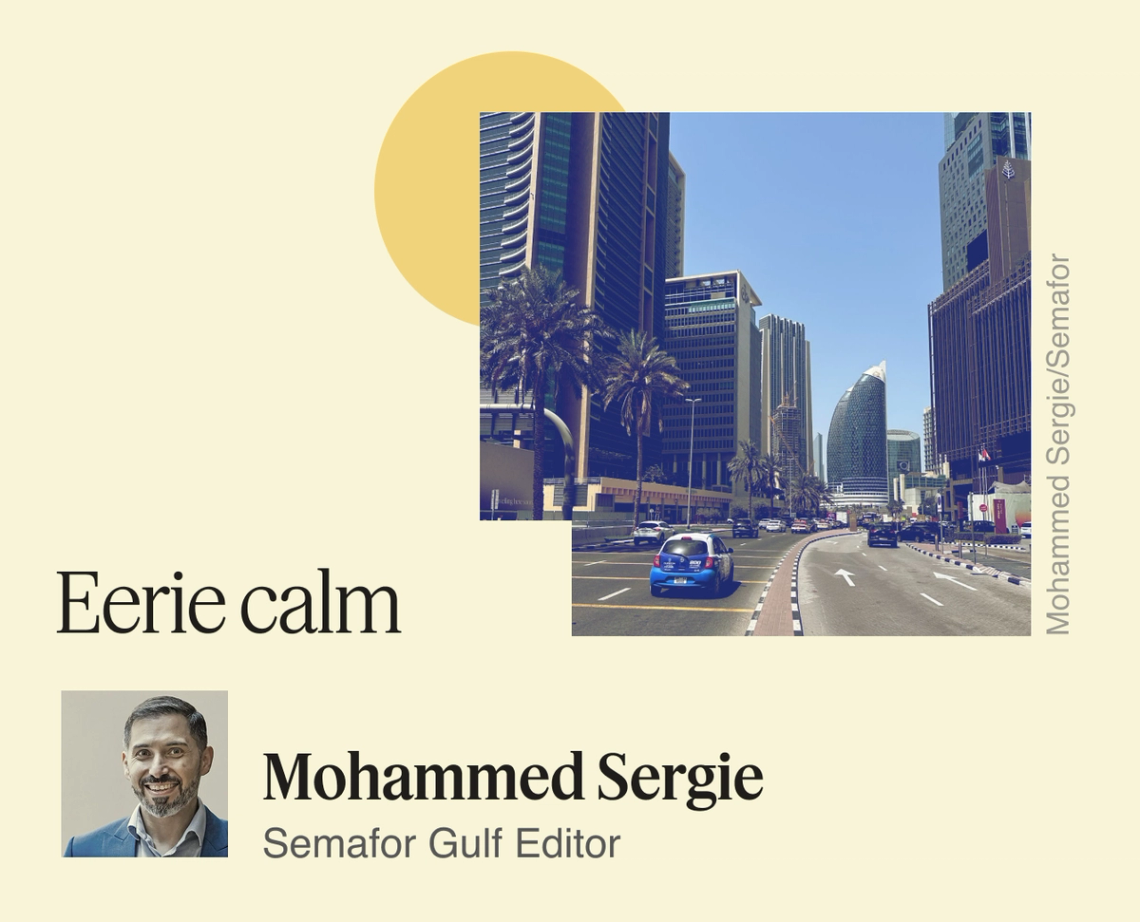 Stocks are up and oil is down, a sign that investors view the US strikes on Iran’s nuclear sites as either a one-off, or a step toward diplomacy. On the flip side, Japan’s top banks are evacuating staff from the Gulf, while European investment funds are canceling trips to the region. In Dubai, however, there is just an eerie calm. Traffic at DIFC is the bane of bankers, and fodder for headlines, but I had a smooth ride into the financial district today. I asked workers if it was unusually quiet, and they gave banal explanations that foreigners in Dubai use to avoid political commentary — long weekend coming (it’s four days away), school’s out (it isn’t) — before admitting their worry: What if this escalates, and they get stuck? Rajesh Khanna, CEO of Wealthbrix Capital Partners (which he launched today), said the UAE has demonstrated its “resilience” and pointed to the market reaction as an indicator of sentiment. He expects the country to keep attracting millionaires and their money. Gulf states are calling for calm. They are in the line of fire if Iran decides to strike US bases across their territory. The stakes are high: Any disruption in the region’s waterways — especially the Strait of Hormuz, which carries all the energy exports of Iran, Iraq, Kuwait, and Qatar, as well as significant volumes from Saudi Arabia and the UAE — could plunge the global economy into recession. A worst case for the region is radiation contaminating the Gulf’s only water source. The likely path is a calibrated Iranian response intended to ensure regime survival. In that scenario, Gulf countries may face short-term investment pauses and consumer jitters, with higher oil revenues offsetting some of the pain. It’s impossible to make a call on what the 86-year-old supreme Iranian leader — who lost most of his closest advisers and possibly his decades-long nuclear project — will decide. So far, the smart money is still in the market, but the owners of the wealth may be moving themselves, and their families, somewhere safer. |